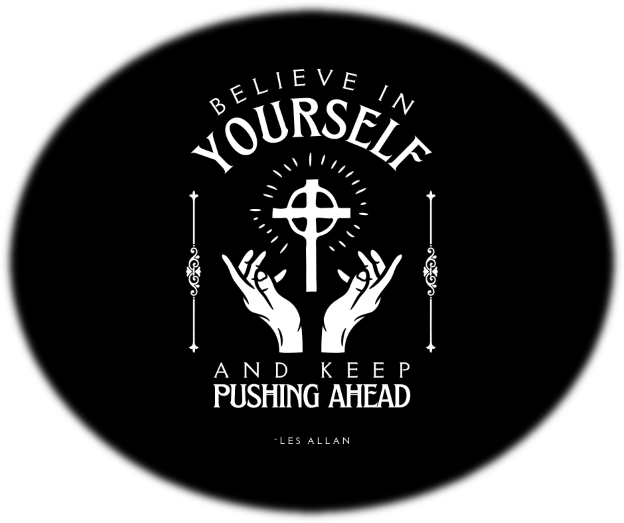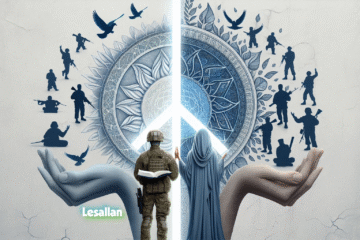Written By Lesallan – September 18, 2023

If Martin Luther were alive today in 2023, I think he would write about many topics related to God, love, family, relationships, and the current state of Christianity in the world. He might write about:
The importance of faith in God and his grace, as opposed to relying on human works or merits for salvation. He might emphasize the doctrine of justification by faith alone (sola fide), which he considered to be the heart of the gospel.
The role of love in fulfilling the law of God and serving one’s neighbor. He might stress the need for Christians to love God with all their heart, soul, mind, and strength, and to love their neighbors as themselves. He might also encourage Christians to practice charity and generosity towards the poor and oppressed, as he did in his own life.
The value of family and marriage as divine institutions ordained by God. He might defend the sanctity of marriage and the dignity of women, as he did when he married Katharina von Bora, a former nun, in 1525. He might also share his joys and sorrows as a father of six children, four of whom survived to adulthood.
The challenges and opportunities of living in a pluralistic and secular society. He might address the issues of religious freedom, tolerance, ecumenism, dialogue, and cooperation among different Christian denominations and other faiths. He might also critique the abuses and corruption of some religious leaders and institutions, as he did when he posted his Ninety-five Theses on October 31, 1517.
The relevance and authority of the Bible as the inspired word of God. He might explain his principles of biblical interpretation and application, such as the distinction between law and gospel, the theology of the cross, and the two kingdoms doctrine2 He might also comment on some contemporary biblical scholarship and controversies, such as textual criticism, historical criticism, feminist criticism, liberation theology.
Being one of the greatest protestant reformers, Martin Luther would probably first focus on the state of Christianity in the world today in the year 2023.
The current state of Christianity in this world of 2023 is a complex and diverse phenomenon. Christianity is a major world religion, with an estimated 2.6 billion adherents worldwide and representing 31.2% of the global population, according to recent statistics from the Pew Research Center. However, Christianity is not a monolithic or homogeneous faith, but rather a mosaic of different traditions, denominations, movements, and expressions that vary by region, culture, history, and theology.
Some of the trends and challenges that characterize Christianity in 2023 are the geographical shift of Christianity from the Global North to the Global South. According to a report published by the Center for the Study of Global Christianity at Gordon Conwell Theological Seminary, there will be over 3.3 billion Christians worldwide by 2050, with most of the growth occurring in Africa, Asia, and Latin America. These regions are also home to some of the most dynamic and diverse forms of Christianity, such as Pentecostalism, charismatic movements, indigenous churches, and liberation theology.
The rise of religious pluralism and secularism in the Global North. In many parts of Europe, North America, and Oceania, Christianity is facing a decline in membership, attendance, influence, and relevance. Many people leave organized religion or identify as religiously unaffiliated (nones). Some factors contributing to this trend are the increasing diversity of religious options, the growing distrust of institutions and authorities, the impact of science and technology, and the changing moral and social values.
The persecution and discrimination of Christians in some parts of the world. According to Open Doors USA, a Christian advocacy organization, more than 340 million Christians around the world face high levels of persecution or oppression for their faith. Some of the countries where Christians suffer the most are North Korea, Afghanistan, Somalia, Libya, Pakistan, Eritrea, Yemen, Iran, Nigeria, and India. Some of the forms of persecution that Christians endure are violence, imprisonment, torture, harassment, discrimination, abduction, rape, and murder.
The need for unity and dialogue among Christians and with other faiths. Despite the common belief in Jesus Christ as Lord and Savior, Christians are often divided by doctrinal differences, historical conflicts, cultural barriers, and political agendas. Some of the major divisions within Christianity are between Catholics and Protestants, Orthodox and Oriental Orthodox, Evangelicals and Mainline Protestants. There is also a need for more dialogue and cooperation with other religions, such as Judaism, Islam, Buddhism, Hinduism, etc., especially in areas where there is tension or conflict.
The call for social justice and environmental stewardship. Many Christians are involved in various efforts to promote human dignity, peace, equality, democracy, human rights, and care for creation. Christians are concerned about poverty, hunger, disease, war, terrorism, racism, sexism, homophobia, immigration, refugees, climate change, and biodiversity loss. Some of the organizations that represent Christian social action are World Vision, Compassion International, Catholic Relief Services, World Council of Churches, etc.
These are some of the aspects that describe the current state of Christianity in the world of 2023. I hope you found this blog post informative and helpful.
Written By Lesallan – September 18, 2023



